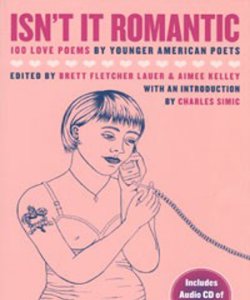Page One: Where New and Noteworthy Books Begin
Page One features a sample of titles we think you'll want to explore. With this installment, we offer excerpts from Pinkerton’s Sister by Peter Rushforth and Cooling Time: An American Poetry Vigil by C.D. Wright.






